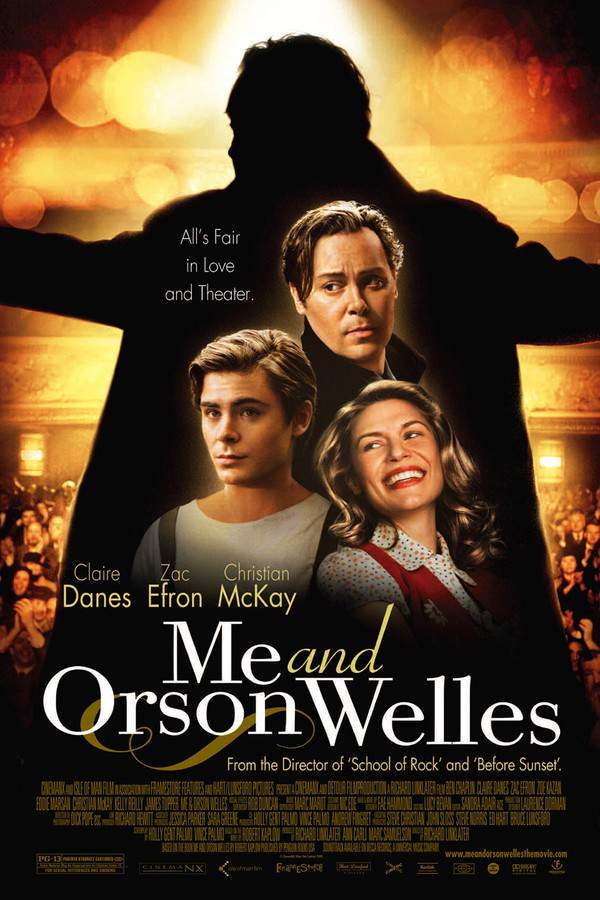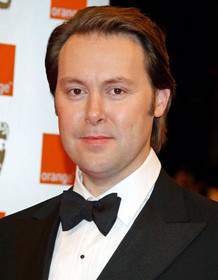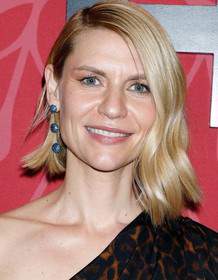Me and Orson Welles 2009

A teenage aspiring actor unexpectedly finds himself cast in Orson Welles's 1937 Mercury Theatre production of "Julius Caesar." Thrust into the vibrant and often chaotic world of live theater, he witnesses firsthand the brilliance and challenges of working with a visionary director and a talented ensemble. He experiences the intensity of the creative process, the pressures of a high-profile production, and the complexities of navigating personal ambitions within a demanding artistic environment.
Does Me and Orson Welles have end credit scenes?
No!
Me and Orson Welles does not have end credit scenes. You can leave when the credits roll.
Meet the Full Cast and Actors of Me and Orson Welles
Explore the complete cast of Me and Orson Welles, including both lead and supporting actors. Learn who plays each character, discover their past roles and achievements, and find out what makes this ensemble cast stand out in the world of film and television.
External Links and Streaming Options
Discover where to watch Me and Orson Welles online, including streaming platforms, rental options, and official sources. Compare reviews, ratings, and in-depth movie information across sites like IMDb, TMDb, Wikipedia or Rotten Tomatoes.
Ratings and Reviews for Me and Orson Welles
See how Me and Orson Welles is rated across major platforms like IMDb, Metacritic, and TMDb. Compare audience scores and critic reviews to understand where Me and Orson Welles stands among top-rated movies in its genre.

73
Metascore
7.1
User Score


86%
TOMATOMETER

61%
User Score

64
%
User Score
Take the Ultimate Me and Orson Welles Movie Quiz
Challenge your knowledge of Me and Orson Welles with this fun and interactive movie quiz. Test yourself on key plot points, iconic characters, hidden details, and memorable moments to see how well you really know the film.
Me and Orson Welles Quiz: Test your knowledge about the film 'Me and Orson Welles' and its intriguing plot twists.
Who offers Richard Samuels a role in the production of Caesar?
Orson Welles
Sonja Jones
Gretta Adler
Richard's teacher
Show hint
Awards & Nominations for Me and Orson Welles
Discover all the awards and nominations received by Me and Orson Welles, from Oscars to film festival honors. Learn how Me and Orson Welles and its cast and crew have been recognized by critics and the industry alike.
63rd British Academy Film Awards 2010

15th Critics' Choice Awards 2010

25th Independent Spirit Awards 2010

Full Plot Summary and Ending Explained for Me and Orson Welles
Read the complete plot summary of Me and Orson Welles, including all major events, twists, and the full ending explained in detail. Explore key characters, themes, hidden meanings, and everything you need to understand the story from beginning to end.
In the vibrant backdrop of New York City during the fall of 1937, a charming story unfolds as 17-year-old high-school student Richard Samuels unexpectedly crosses paths with the illustrious Orson Welles. Welles, in a delightful twist of fate, presents Richard with a once-in-a-lifetime opportunity to play Lucius in his groundbreaking production of Caesar at the newly formed Mercury Theatre. This theater is buzzing with activity as the company dives headfirst into rehearsals, and Richard finds himself captivated not only by the art of theater but also by the complex world surrounding Welles.
As he becomes increasingly enchanted by Welles, Richard uncovers a scandalous secret: Welles is entangled in an affair with the production’s leading actress, all while his wife is expecting. Amid this whirlwind, Richard encounters the ambitious production assistant, Sonja Jones, who seems drawn to him, adding another layer of intrigue to his experience.
In the lead-up to the highly anticipated premiere, Welles expresses his anxieties, citing an unusual streak of good fortune. He worries that this success might lead to a disastrous flop during the debut. Everything is turned upside down when, during a rehearsal, Richard inadvertently activates the sprinkler system, drenching the entire theater. Accused by Welles, he slyly deflects blame, suggesting that this calamity might just be the bad luck Welles needed to shake off.
Amidst the chaos, Welles proposes an unconventional coupling game to strengthen the crew’s bond, and Richard cleverly manipulates the situation to be paired with Sonja. Their chemistry ignites, leading to a night of passion. However, Richard’s jealousy flares when Sonja spends the following night with Welles, prompting Richard to confront him about his pending fatherhood, and resulting in his abrupt dismissal.
Despite this setback, Richard experiences a moment of triumph on opening night—a spectacular success for Welles’ anti-fascist adaptation of Caesar. Yet, his victory is bittersweet; he learns that he was merely a pawn in Welles’ grand scheme for a successful debut, leading to his second dismissal.
Heartbroken yet enlightened, Richard finds solace in his high school English class, where he spontaneously recites lines from Julius Caesar, earning a warm round of applause from his classmates. The story takes a new turn when he crosses paths with Gretta Adler, an aspiring playwright he met in a music store earlier in the film. With a little help from Richard and Sonja, Gretta successfully publishes a story in The New Yorker and invites Richard out to celebrate their victory, hinting at the possibility of new beginnings.
Uncover the Details: Timeline, Characters, Themes, and Beyond!

Coming soon on iOS and Android
The Plot Explained Mobile App
From blockbusters to hidden gems — dive into movie stories anytime, anywhere. Save your favorites, discover plots faster, and never miss a twist again.
Sign up to be the first to know when we launch. Your email stays private — always.
Watch Trailers, Clips & Behind-the-Scenes for Me and Orson Welles
Watch official trailers, exclusive clips, cast interviews, and behind-the-scenes footage from Me and Orson Welles. Dive deeper into the making of the film, its standout moments, and key production insights.
Cars Featured in Me and Orson Welles
Explore all cars featured in Me and Orson Welles, including their makes, models, scenes they appear in, and their significance to the plot. A must-read for car enthusiasts and movie buffs alike.
Me and Orson Welles Other Names and Titles
Explore the various alternative titles, translations, and other names used for Me and Orson Welles across different regions and languages. Understand how the film is marketed and recognized worldwide.
Quick Links: Summary, Cast, Ratings, More

What's After the Movie?
Not sure whether to stay after the credits? Find out!
Explore Our Movie Platform
New Movie Releases (2025)
Famous Movie Actors
Top Film Production Studios
Movie Plot Summaries & Endings
Major Movie Awards & Winners
Best Concert Films & Music Documentaries
Movie Collections and Curated Lists
© 2025 What's After the Movie. All rights reserved.






























